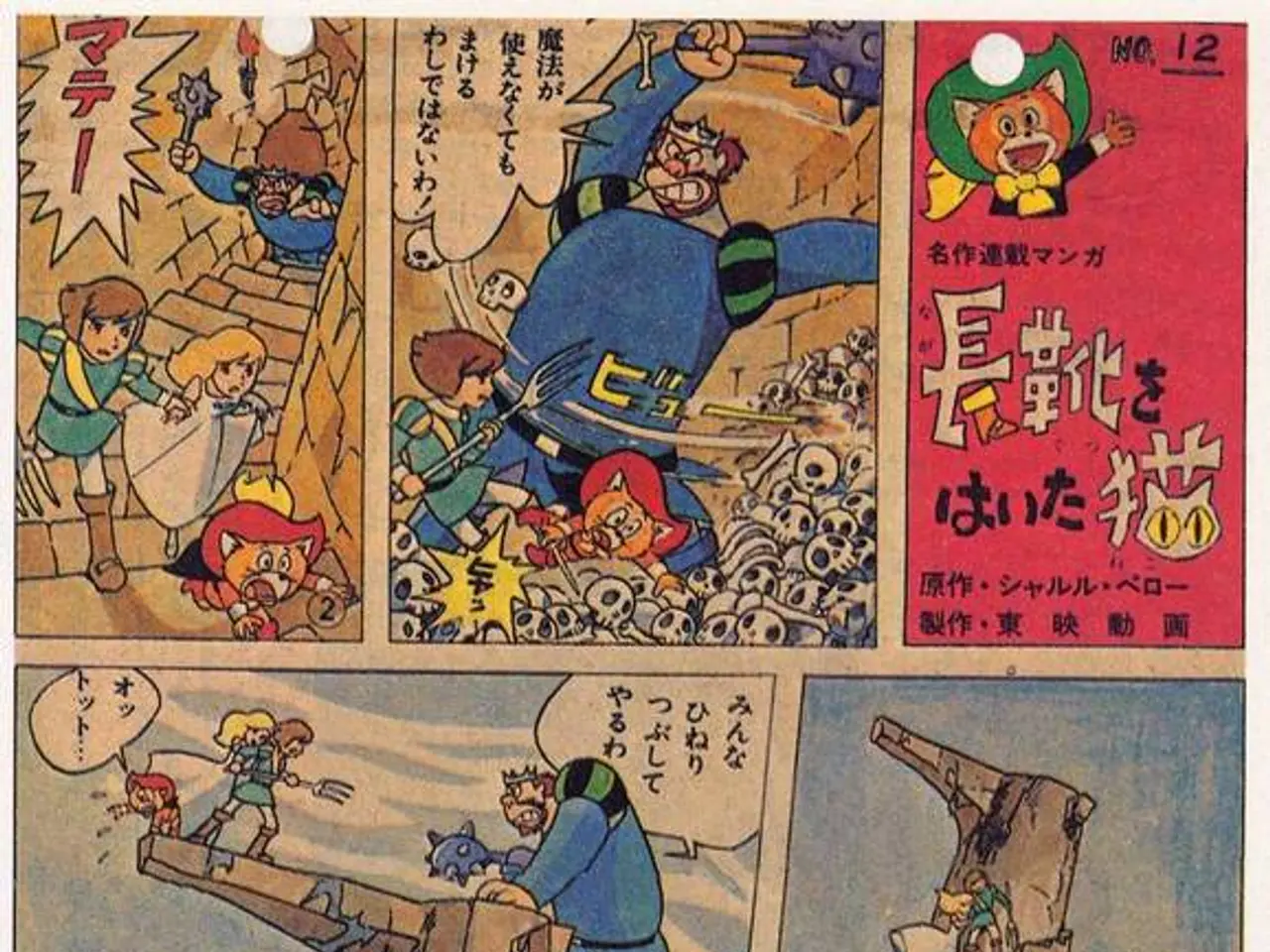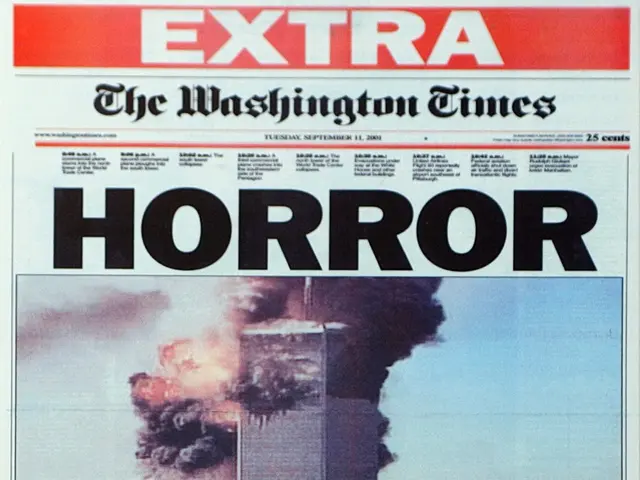atomic bomb tragedy in Nagasaki remembered, acknowledging its affected populace
Nagasaki, Japan, marked the 80th anniversary of the atomic bombing that devastated the city in 1945. The tragic event, which occurred at 11:02 am local time, claimed an estimated 70,000 lives instantly, and another 75,000 people were injured. The bomb, codenamed "Fat Man," was dropped by the United States three days after the devastation of Hiroshima.
Speaking at the commemoration, Nagasaki's mayor, Shiro Suzuki, reiterated the city's plea for peace and nuclear disarmament. He emphasized the immediate existential crisis for humanity and warned of the growing danger of a nuclear war.
Suzuki also called on the Japanese government to join the 2017 UN Treaty on the Prohibition of Nuclear Weapons (TPNW), a move that would align with Nagasaki's long-standing commitment to a nuclear-weapon-free world. However, as of mid-2025, Japan has not signed or ratified the TPNW, which entered into force in 2021.
The Japanese government's stance has drawn criticism from both domestic and international sources, including anti-nuclear activists and survivors of the atomic bombings. They argue that Japan should prioritize disarmament and the outlawing of nuclear weapons, rather than maintaining its security policy aligned with U.S. nuclear deterrence.
Despite this, Japan remains a party to the Nuclear Non-Proliferation Treaty (NPT), a different framework focused on nuclear arms control but does not outright ban nuclear weapons.
Last year, the Japanese organization Nihon Hidankyo, consisting of survivors of the atomic bombings of Hiroshima and Nagasaki, was awarded the Nobel Peace Prize. The organization's grassroots movement received the most prestigious peace prize at the grassroots level, underscoring the global significance of the survivors' advocacy for peace and nuclear disarmament.
In his peace declaration, Suzuki called for the abolition of all nuclear weapons worldwide and urged the world to learn from history to ensure that Nagasaki remains the last city to suffer a nuclear inferno. His call echoes the sentiments of Nagasaki, which, along with Hiroshima, has become a symbol of both the horrors of war and peace.
As the world today experiences a cycle of confrontation and division, Suzuki's message serves as a stark reminder of the destructive potential of nuclear weapons and the urgent need for global nuclear disarmament.
- The plea for peace and nuclear disarmament by Nagasaki's mayor, Shiro Suzuki, extends beyond the city's boundaries, urging politicians to address war-and-conflicts, including the drastic reduction in nuclear arsenals, as part of the general-news agenda.
- Following Nagasaki's reception of the Nobel Peace Prize for their grassroots movement advocating for peace and nuclear disarmament, anti-nuclear activists globally advocate for nations like Japan to join treaties like the UN Treaty on the Prohibition of Nuclear Weapons (TPNW), thereby influencing the global political discourse on war-and-conflicts, politics, and general-news.







